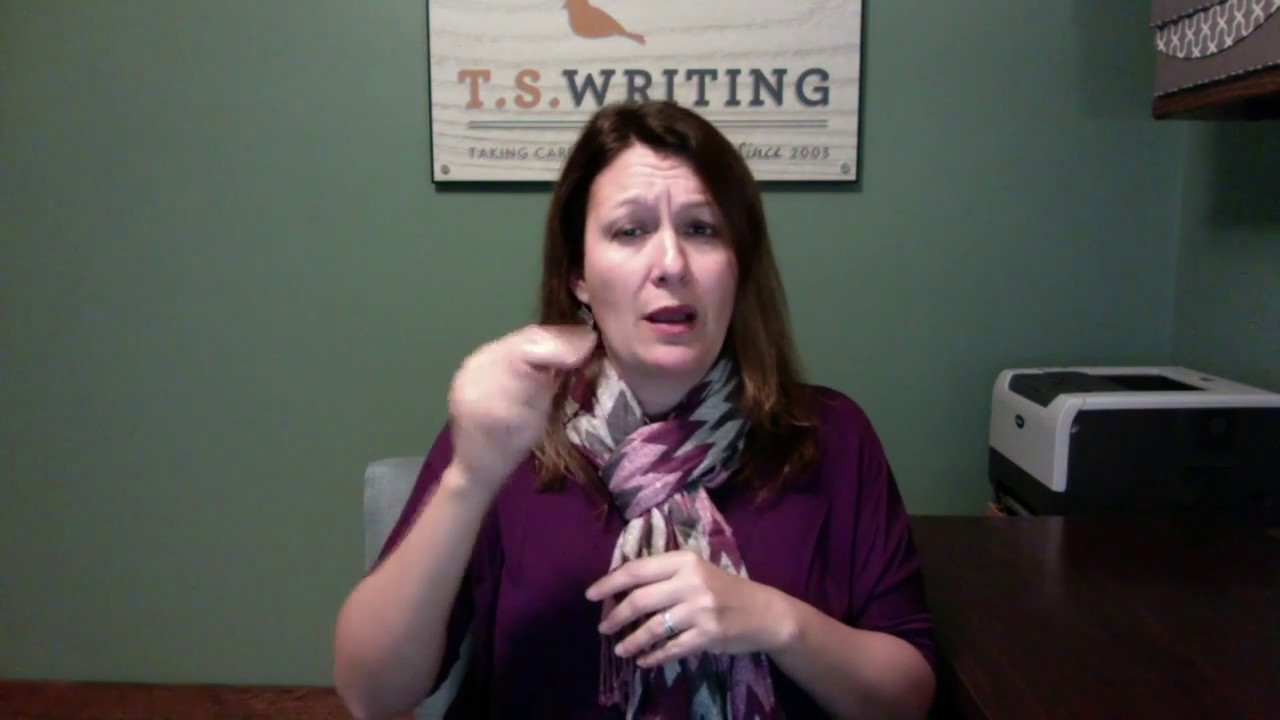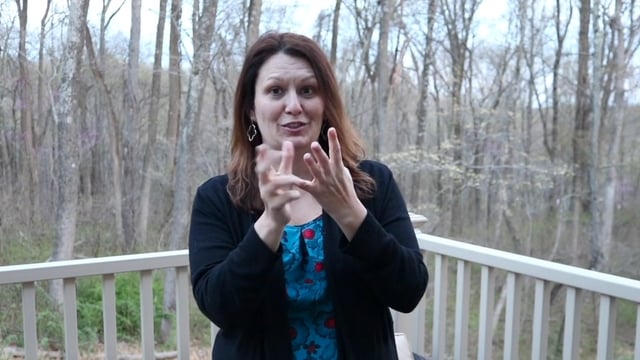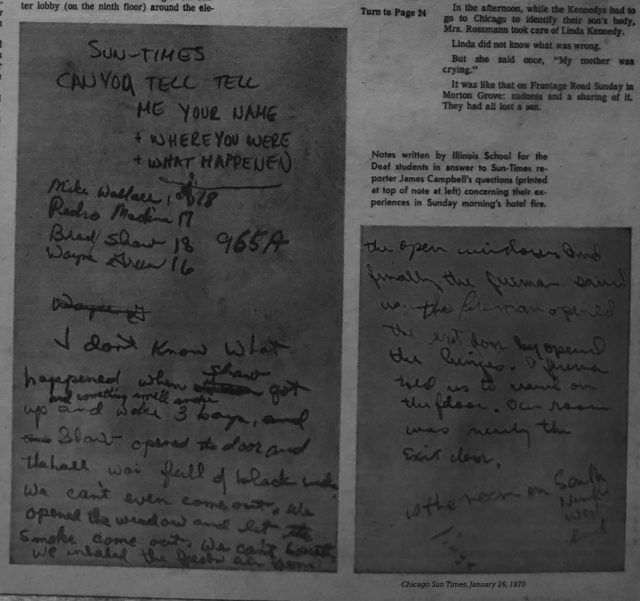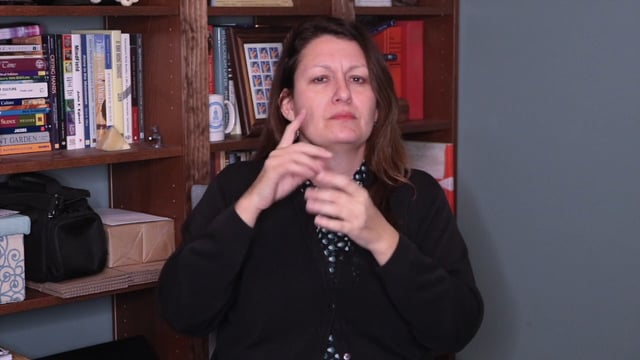This originally appeared in Who Speaks for the Deaf Community: A Deaf American Monogram, published by the National Association of the Deaf in 1997 (Volume 47).
(To read the epilogue to this article, click here.)
A year to the day I was born, PL 94-142 was created. That’s when bureaucrats began to speak for me.
My mother and father both graduated from deaf schools, although one grew up oralist and the other grew up in a very ASL-oriented environment. My parents used ASL with me from the very first minute of my birth. I started signing at six months of age, and learned to read at age two.
Because of this, it was determined I was ready for preschool. My mother was told by “experts” that placing me in self-contained classes at a hearing day school would be the least restrictive environment, in keeping with the new law PL 94-142.
When I started preschool in 1976, a year after the passage of that law, that’s when experts in the field of deafness (none were deaf) spoke for me.
It was determined by local school officials that using total communication, so to speak, would be best for me. My parents were encouraged to use voice when talking to me at home, even when they were using ASL. Mom’s daily interactions with me were brushed aside by these officials. I was also put in speech therapy, and spent hours learning to pronounce my name with the help of my hearing aid. I still can’t speak my name today, but I can say the letter “k” very well.
When I started being mainstreamed in the fourth grade, teachers of the hearing-impaired spoke for me. Also, because I was a “special needs” child, school psychologists spoke for me.
I oftentimes had to rely on classmates when my interpreter did not show up or was ill. Teachers felt it would be best for me if I were moved a few grades up in my mainstreamed endeavors. However, they lacked resources for my needs, such as support services. Psychologists took an IQ test from me annually, and proclaimed me a child that was well-adjusted to being among “normal peers.”
When I was about to enter the sixth grade, there were no remaining deaf peers in my age or grade group, because all of them had transferred to the Illinois School for the Deaf 30 minutes away. I decided I wanted to transfer to ISD, too. School administrators said I would fail in the hearing world if I continued to defy their wishes of learning speech and being as normal as possible instead of being institutionalized. That’s when school administrators again spoke for me.
The school principal, who had banned my mother from elementary school grounds after my mother got angry at my teacher-of-the-hearing-impaired for not providing me with more challenging schoolwork, suddenly asked my mother to come in for meetings and tried to convince Mom not to let me transfer to ISD. After years of having her feedback and knowledge about me being dismissed quickly. Mom was now a respected and coveted factor in making me stay at this public school
When I decided to leave ISD after their inability to meet my needs, that’s when deaf faculty and staff spoke for me.
At ISD, it was a whole new world. I felt at home there. Staff and teachers were family friends, or even neighbors. But I spent a great deal of the day wandering the school halls and campus because I would often finish the assigned work long before the due date. Teachers sent me on errands to keep me busy while the other students did their work.
Since Mom was moving due to a remarriage, I decided to move with her and entered a new public school system that had a large deaf program—which would fulfill my social needs—but also because this public school had a honors program that would meet my educational needs (the previous two schools I had attended—both hearing and deaf—did not have such a program aside from gifted programs).
Administrators and teachers, and houseparents as well, got very angry with me for leaving where I “belonged.” They said that I should think of my sports opportunities, of my socialization opportunities, and of my people. Near the end, a deaf printing teacher who was the father of my classmate, branded me by saying in front of several others that I was a true traitor and did not know how to be a real deaf person. I was 10 years old at the time.
When I re-entered the mainstreamed world, that’s when interpreters spoke for me.
I sat in the classroom, seeing my interpreters explain to the teachers and students how to talk to me. They would often voice what my deaf classmates in the hearing classroom and I were talking about, but refused to sign what hearing classmates were voicing. Interpreters would also approach the teachers and talk to them about our behavior, our grades, and other issues strictly reserved for teachers or appropriate personnel.
When I entered high school, that’s when interpreters didn’t just speak for me, they also spoke about me.
There was an interpreter named Lori who would constantly criticize my ASL in front of the other deaf kids. I signed “too fast” and “too ASL” for her. I was a 13-year-old. She laughed and mocked me, voicing her comments for the benefits of hearing listeners. This continued for a long time with repeated requests from me for her to stop (she didn’t), until I finally refused to attend class. My mother called a meeting with my guidance counselor, a CODA who was also responsible for coordinating interpreting services. He immediately set the interpreter straight and taught her a thing or two about native signers.
When my mother and I attended an Individualized Education Plan meeting, and my mother requested for me to stop participating in speech therapy, that’s when audiologists spoke for me.
My audiologist* got upset when I proclaimed my desire to stop wearing hearing aids, and my comments of realization that speech was of absolutely no use to me at this point in life. The audiologist called my attitudes as having been spoiled by my mother, pointing out that I only had a 35 dB loss with hearing aids (80-85 dB without). My mother reminded this audiologist that she was a deaf person who relied very much on her speaking skills, using the phone on a daily basis. The audiologist, soon after that incident, became very involved with the deaf culture and quit her profession. She currently is very fluent in ASL.
* Note: It was actually a speech pathologist, but back then, I called them all audiologists because I didn’t know the difference, nor did I care. —01/10/12
When I entered Gallaudet University, that’s when the deaf of deaf spoke for me, and the mainstreamed deaf spoke for me.
Whenever I met a deaf person from a deaf family and mentioned that I had been mainstreamed, I would often rush to add, “But I’m from a deaf family.” And then with mainstreamed people, who would sniff when they found out I was “deaf of deaf”—I would also be quick to add, “But I went to a public high school.” Even so, Gallaudet was home yet once again.
When I entered graduate school and was the first deaf for those in my particular program. That’s when hearing people continued to believe that they had to speak for me.
Professors would hem and haw whenever they saw my interpreters in class. These professors would also ask the interpreters to help me, but of course, my interpreters would set the teachers straight. Hearing students would either shy away or rush to my “aid” whenever group projects were assigned, and beam proudly when I agreed to do projects with them. I did not attend the graduation ceremony, choosing to attend a deaf event instead on that day.
When I graduated and had no more school people to speak for me, that’s when everybody in the deaf community spoke for me.
Hearing people sometimes accuse me of being militant because of automatic qualifiers of being a militant deaf person: I have a surplus of deaf relatives and am a native ASL user—and most of all, because I am very much a member of the deaf culture. I have to watch hearing people gasp at the level of my success because I am a “deaf-mute.” Particular organizations of the deaf focus mainly on legislative issues rather than grassroots issues that face deaf people—including me—on a daily basis, even though I pay to be a member of these organizations. I get accused of being part of a deaf cult. I get asked for my opinion on everything from cochlear implants to language. I get asked to represent my people. When do I get to speak for me, and only me?
Now.
I do not speak for other deaf people. I do not speak for my deaf parents, my deaf relatives, or my deaf friends. I speak based on my own experiences, but I do not make generalizations.
I can, and will, only speak for me now.
(To read the epilogue to this article, click here.)




